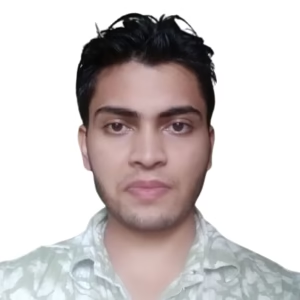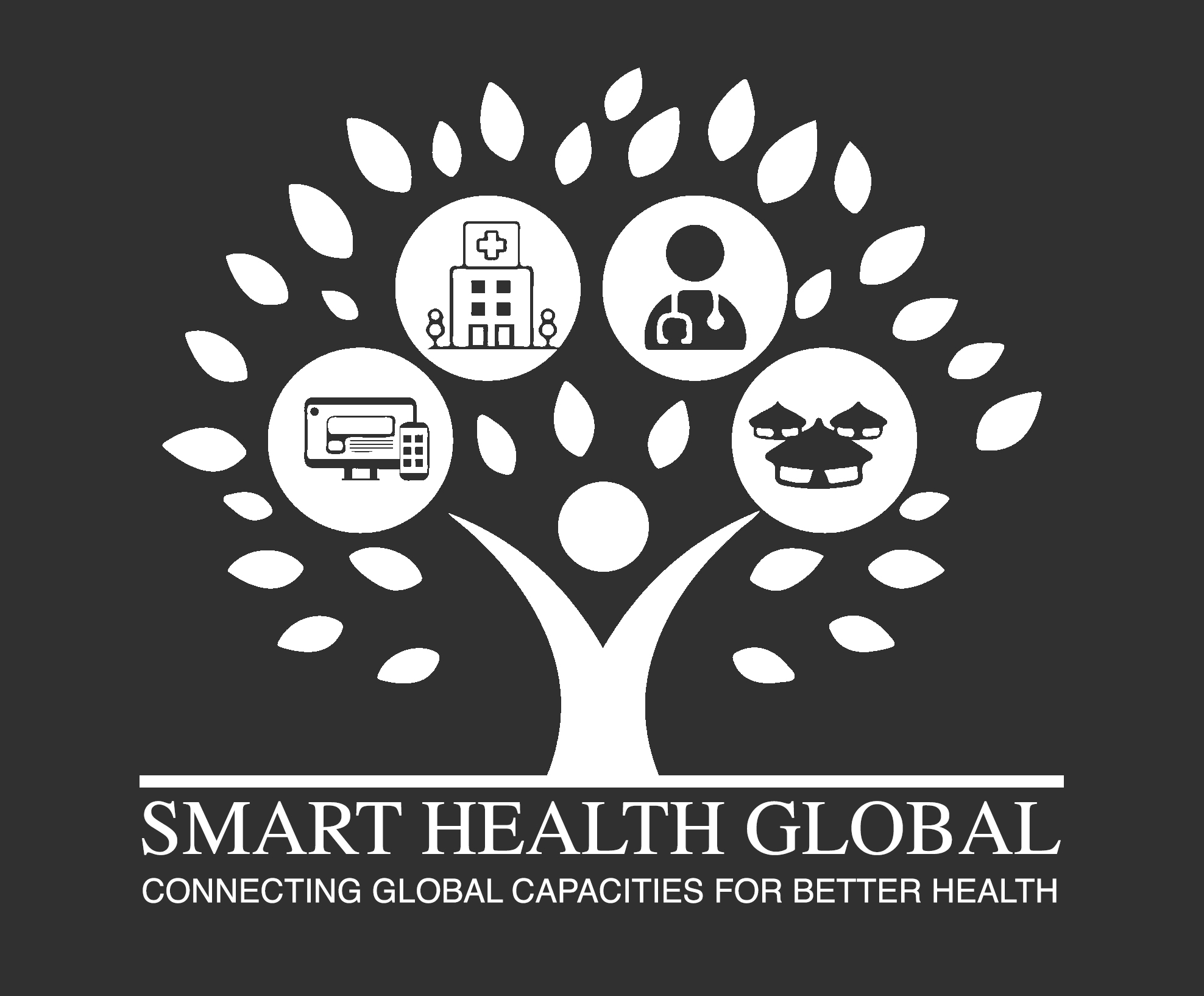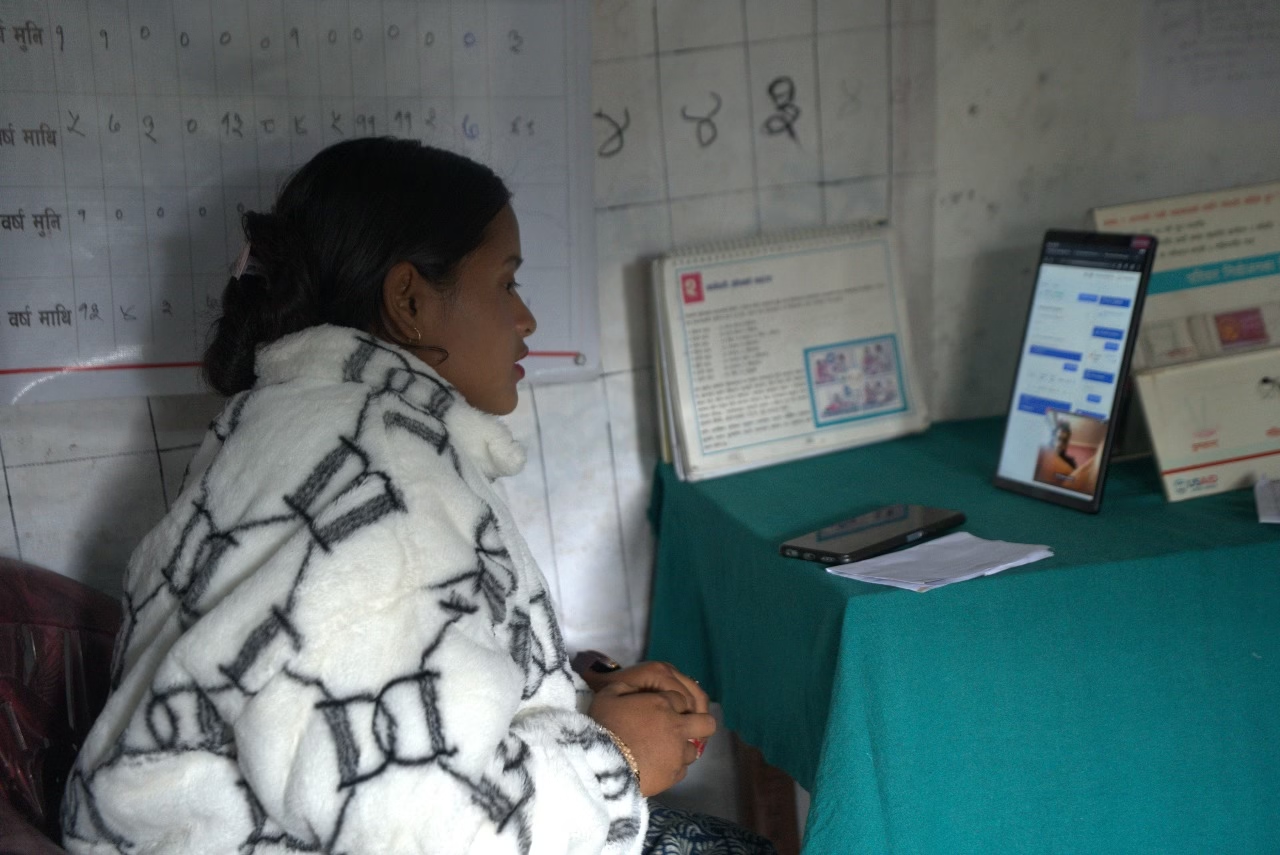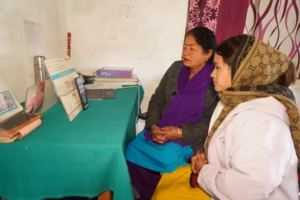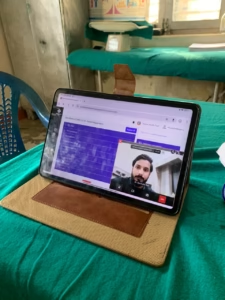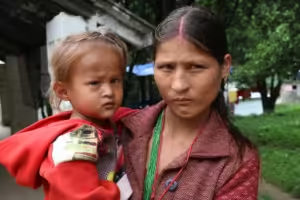By Dr. Saurabh Tiwari, Volunteer Medical Officer, Smart Health Global
It was a quiet evening. I had just come off duty and was preparing to unwind when my phone rang at 8:23 PM. The voice on the other end was trembling—a local healthcare worker from Uku Health Post, located in the rugged Malikarjun Rural Municipality of Darchula, Nepal.
A young woman, just 22 years old, had collapsed with seizures. She was in her 27th week of pregnancy, and her blood pressure was dangerously high—180/110 mmHg. The signs were unmistakable: eclampsia, a critical and potentially fatal complication during pregnancy. We were racing against time.
The patient belonged to the Raute community, one of Nepal’s most disadvantaged and marginalised indigenous groups. Her access to healthcare was already limited, and now her life—and her baby’s—hung in the balance. The nearest hospital capable of handling such a case was over three hours away, and the terrain was treacherous.
But even from a distance, I wasn’t powerless. This is where telehealth came in.
Thanks to Smart Health Global’s platform, I was able to guide the healthcare worker step by step in real time. She responded with courage and precision. We positioned the patient in the left lateral position to ensure better blood flow and reduce complications. She then administered the loading dose of magnesium sulfate, following the Pritchard regimen to manage the seizures.
While stabilisation efforts were underway, I contacted the District Hospital to alert them. We coordinated so they could prepare their team and surgical unit well in advance of the patient’s arrival—this kind of forward planning makes all the difference in outcomes.
The healthcare worker accompanied the patient throughout the journey, carrying the supplies necessary to provide maintenance doses of magnesium sulfate on the road. It was not an easy trip—steep roads, a critical patient, and the darkness of night—but she made it.
At 11:00 PM, the patient reached the hospital. By 1:30 AM, she had undergone a life-saving surgical procedure. Both mother and baby survived.
This case is a powerful reminder that telehealth is not just about technology—it’s about connection, collaboration, and commitment. Even in Nepal’s most remote corners, healthcare workers, volunteers, and medical professionals can come together to save lives.
For me, this was more than a medical emergency—it was a moment that reaffirmed my purpose and the mission of Smart Health Global: to reach the unreachable and serve those who need us the most.
About the Author
Dr. Saurabh Tiwari is a volunteer medical officer with Smart Health Global, committed to serving disadvantaged communities in remote regions of Nepal. He provides telehealth support to frontline healthcare workers, helping to deliver timely, life-saving interventions in areas where specialised care is often inaccessible. Dr. Tiwari believes in the power of compassion, communication, and technology to transform healthcare delivery in low-resource settings.
